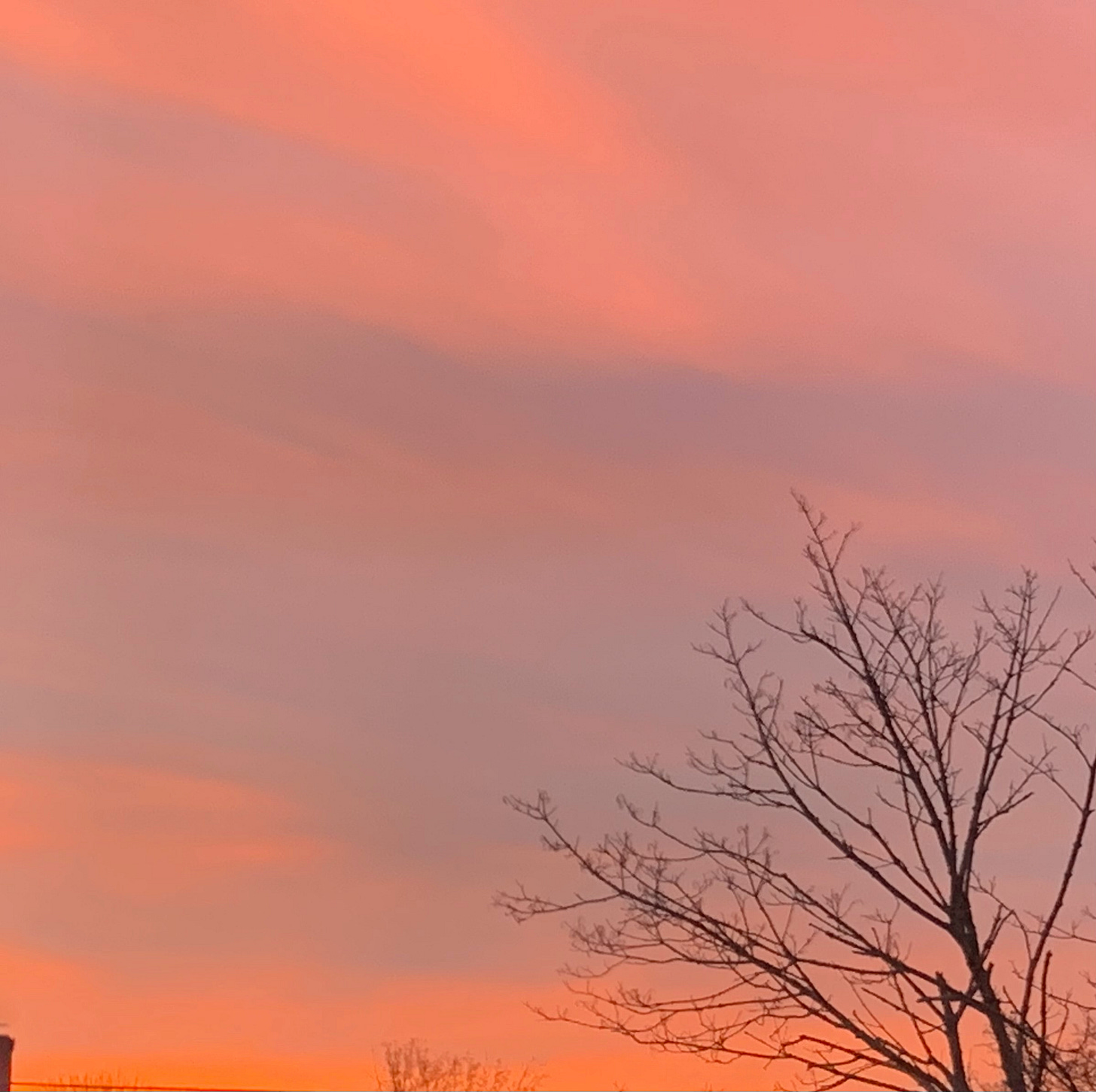Welcome to The Public Domain Poetry Project where we deconstruct an older poem by using each line (one per week) as a jumping off point for a brand new poem. Participants are encouraged to share their poems in the comments below, or to leave us a link so we can read them elsewhere. If this sounds like fun to you, please consider subscribing for free so you don’t miss next week’s prompt. Thanks for visiting!
It’s week five of our project and we are entering the second stanza of Edna St. Vincent Millay’s “Travel.” I don’t know about you, but I’m really enjoying this season of poetry making. This project, with its themes of trains, and light, and sound, is a weekly invitation to play with somebody else’s words and see where they lead us.
Over at The February Poetry Adventure,
is giving us a word a day to spark a poem. My pattern is to sit down at my desk in the morning, find the day’s prompt, and then spend two or three minutes writing about whatever it makes me thing of. Often, I find find the bones of the poem right away which is ideal. I walk away with a poem brewing in my pocket, ready for later in the day when I have a few more minutes to devote. All told, throughout the day, I rarely spend more than 30 minutes on my daily poems, frequently it’s less. The secret is not overthinking. Not chasing away those first associations because they are not poetic enough. And the other secret, which really should not be a secret at all, is that we are writing poem attempts, not finished poems.I started taking piano lessons last summer. It had been forty years since I last took lessons, and I was never very good even then. I’m better at poetry, at writing in general, than I am at music. Words come easier to me than notes. Understanding chords and their progressions, key signatures, these are a a foreign country to me.
But the rudimentary songs in my adult beginner piano book are like challenging word puzzles. I know I’m going to crack them eventually, but it’s going to take some work. I know (and this is the really important part, I think), I know that if I put in the time practicing, I’ll get better. It’s pretty much guaranteed. The big difference between piano lessons now and the lessons I took at age thirteen is that I love to practice. I can’t wait to practice. It’s the highlight of my day. Whether I make any progress at all, just sitting down at the piano makes me happy. It’s not a chore, I’ve got no terrifying recital looming in the distance. I’m only doing it because I love it. And as with anything, practice creates improvement. I don’t need to be great, but if I’m making progress and enjoying the ride, I find I’m quite happy.
I’m trying to think about these winter months of poetry writing the same way. I’m trying to put thoughts of journals and submissions out of my mind and just enjoy the doing. My poetry muscles will be in great shape by the end of February with daily and weekly prompts keeping me nimble. The trick will be be to carry that forward with me into the rest of the year. To keep it fun and joyful, playful and liquid and not let the deadlines, the rejections, the stuff that isn’t poetry but hangs around with poetry get in the way of doing of poetry. I’ll try if you will.
This week we begin stanza two. In stanza one, Millay talks about how she hears the trains during the day, even amongst the hubbub of voices. In stanza two, she takes us to the night time. I took this week’s line and split it in two, using the first half as the first line, and the second half as the last line. However you choose to approach things this week, I’m glad you’re here.
All night there isn’t a train goes by
Midnight Midlife
All night there isn’t
A finger of light
Prying round the shade
Where are the streetlights?
Where are the stars?
How have I lost the moon?
As panic beings to simmer
In the hollow of my chest,
a voice in my head speaks
Darling, open your eyes
I do as it says
and see the glow
knowing now
there was light all along
I throw back the covers
and feel cold air on my skin
a balm, a relief
I lay, cooling and quiet,
on damp sheets,
eyes open to absorb the glow
Then drift back to sleep,
secure in the light,
riding the tremor and rumble
as a train goes byIf you’re just joining us here, welcome! If you’d like to catch up on some of the older prompts click the links below. It’s never too late to add your poem attempt, or a link to it, in the comments.
Happy writing, everyone! See you in the comments!










Okay! Below is just one poem, I promise. But I got the notion to translate my poem (written in English) into French and see how well I did. I put it back through Google Translate and just to save you from skimming, I DID NOT translate the last line properly, and the actual meaning is hilarious (to me, that is; I am easily amused). My eight-year-old wanted to know why I translated it into French, and I told her that I like to give my brain a puzzle once in a while. Everything happening in the U.S. right now is weighing very heavily, so it's good for me to find distractions.
.
In the south of France
.
All night there isn’t a train goes by
but the sense of being on a train hasn’t changed:
a painting being painted outside each window.
I write in my journal “This is Van Gogh country.”
You can see where he might have been inspired
by the picture outside my window
of a sere field, fallow, yellow
a dark barn in the distance.
I try to write it all down, to soak it all up
but it would take a lifetime to eat this much beauty
and I have only a month.
.
Dans le sud de la France
.
Toute la nuit il n’y a de train qui suit
mais le sens d’être sur un train ne change jamais:
une peinture dans le procès d’être peindre dehors chaque fenêtre.
J’écris dans mon livre: “C’est le pays de Van Gogh.”
On peut voir comment peut-être il était inspiré
par la vue dehors ma fenêtre
d’un pays sec, inutilisé, jaune
un sombre étable dans la distance.
J’essaie de l’écrire, tout, tout, pour l’adorer en entier
mais c’est le travail d’une vie entière de manger toute la beauté
et je n’ai que une mois.
.
From French to English using Google Translate
.
All night long there is no train following
But the meaning of being on a train never changes:
A painting in the process of being painted outside every window.
I write in my book: “This is Van Gogh’s country.”
You can see how maybe he was inspired
By the view outside my window
Of a dry, unused, yellow country
A dark stable in the distance.
I try to write it down, all of it, all of it, to adore it all
But it’s a lifetime’s work to eat up all the beauty
And I’m only one month old.
Hello Tara, Thank you for this lovely project.
I am trying once more to get into this form of writing.
Here is my attempt.
Asking why
All night there isn't
A moment without
thoughts of you
All day I travel with
your heart in my case
A train goes by but it
refuses to take me to you
When I ask why
It says
Wrong destination